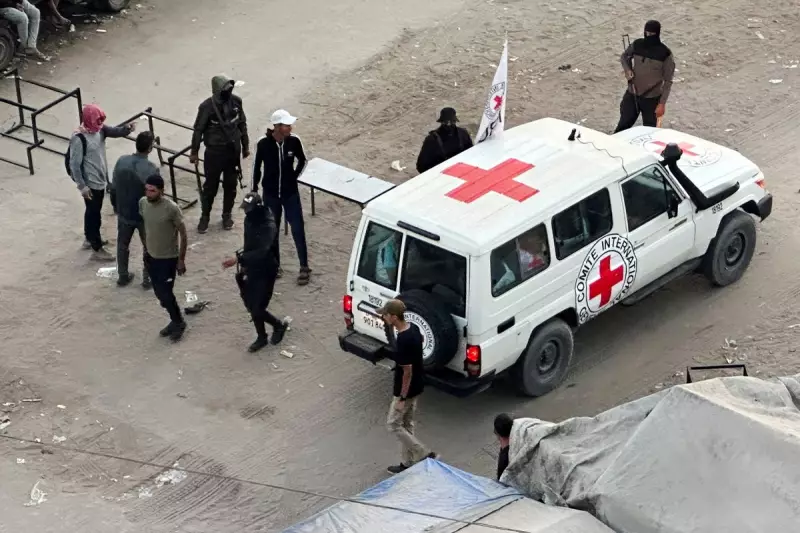
In a stunning revelation that has sent shockwaves through international diplomatic circles, former President Donald Trump has claimed personal responsibility for influencing Israel's decision to postpone its ground invasion of Gaza.
The controversial businessman-turned-politician dropped the bombshell during a campaign speech in New Hampshire, alleging he directly intervened to secure the release of hostages held by Hamas militants.
The Back-Channel Intervention
According to Trump's account, he communicated with Israeli leadership shortly after Hamas's brutal October 7th attacks, which claimed over 1,400 lives and saw approximately 240 people taken captive.
'I spoke with the people of Israel,' Trump declared to his supporters, 'and I said, 'Don't do it, don't do it. We're going to get them out.''
While Trump didn't specify exactly whom he spoke with or when these conversations occurred, the implications of such private diplomacy conducted by a former president have raised eyebrows among foreign policy experts.
Timing and Credibility Questions
The timing of Trump's claimed intervention remains unclear, as does the mechanism through which a former president could exert such influence over a sovereign nation's military decisions.
Current White House officials under President Joe Biden have been actively engaged in hostage negotiations through established diplomatic channels, with National Security Council spokesman John Kirby confirming ongoing efforts to secure prisoner releases.
Trump's assertion comes as Qatar-mediated talks appear to be making progress toward a potential hostage deal, though details remain tightly guarded.
Political Fallout and Reactions
The former president's comments have ignited fierce debate about the propriety of shadow diplomacy and the potential complications it creates for current administration efforts.
Some analysts suggest Trump's claims may be part of his broader campaign strategy to position himself as a decisive leader capable of handling international crises, contrasting with what he characterizes as Biden's weaker approach.
Meanwhile, the situation in Gaza remains critically tense, with humanitarian conditions deteriorating and international pressure mounting for a resolution that prioritizes civilian safety.
As diplomatic efforts continue behind closed doors, Trump's unexpected entry into the conversation adds another complex layer to an already volatile geopolitical landscape.





